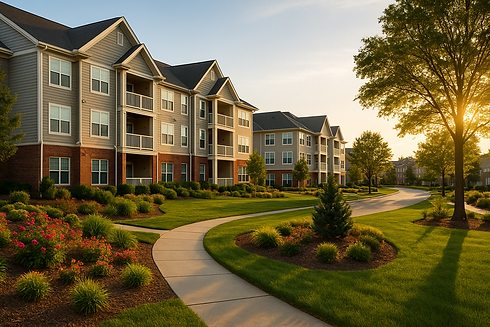
Email Notice:
Due to a recent change in web developers, some emails may go to spam. If you’ve renewed, signed up, or haven’t received meeting notices, please check your spam folder.
We are delighted to invite you to the Landlords of Linn County Annual Christmas Luncheon!
This event is free of charge and offers a valuable networking opportunity to connect with fellow landlords.
We will have good food and drawings for door prizes.
We are also kicking off a membership drive.
If you bring a fellow landlord who signs up to be a member and pays their annual membership fee at the luncheon, you will receive a $50 gift card.
We look forward to seeing you there!
When- Thursday December 11th, 2025
Where- Hiawatha Community Center
Time- 11:45am doors open
RSVP-to Boardmembers@landlordsoflinncounty.org by Tuesday the 9th
You can RSVP below using the button.
Please RSVP even if you are not eating lunch.
Thank you.
EMPOWERING PROPERTY OWNERS. STRENGTHENING OUR COMMUNITY.
WHAT CAN WE DO FOR YOU.

Landlords of Linn County is an organization of local property owners and managers committed to improving the rental housing industry. We focus on helping our members grow as landlords through education, legislative updates, and community engagement. By sharing resources and best practices, we aim to reduce vacancy and turnover rates, control costs, and enhance tenant relationships. Our members stay informed about local and state policies that affect rental properties and take collective action when needed. Together, we build a stronger, more effective rental property community.












